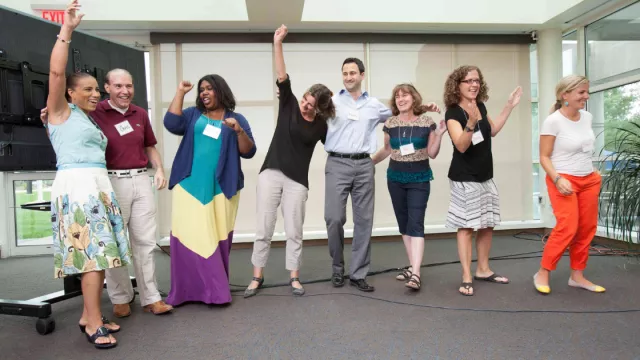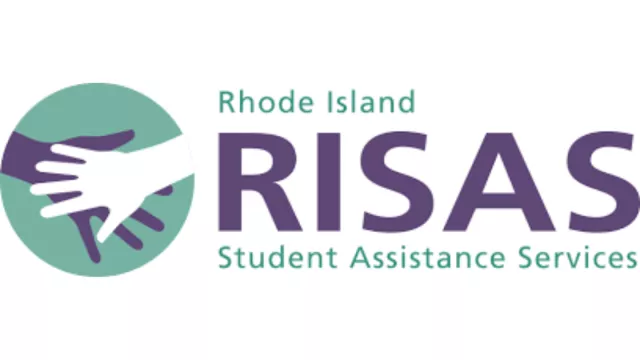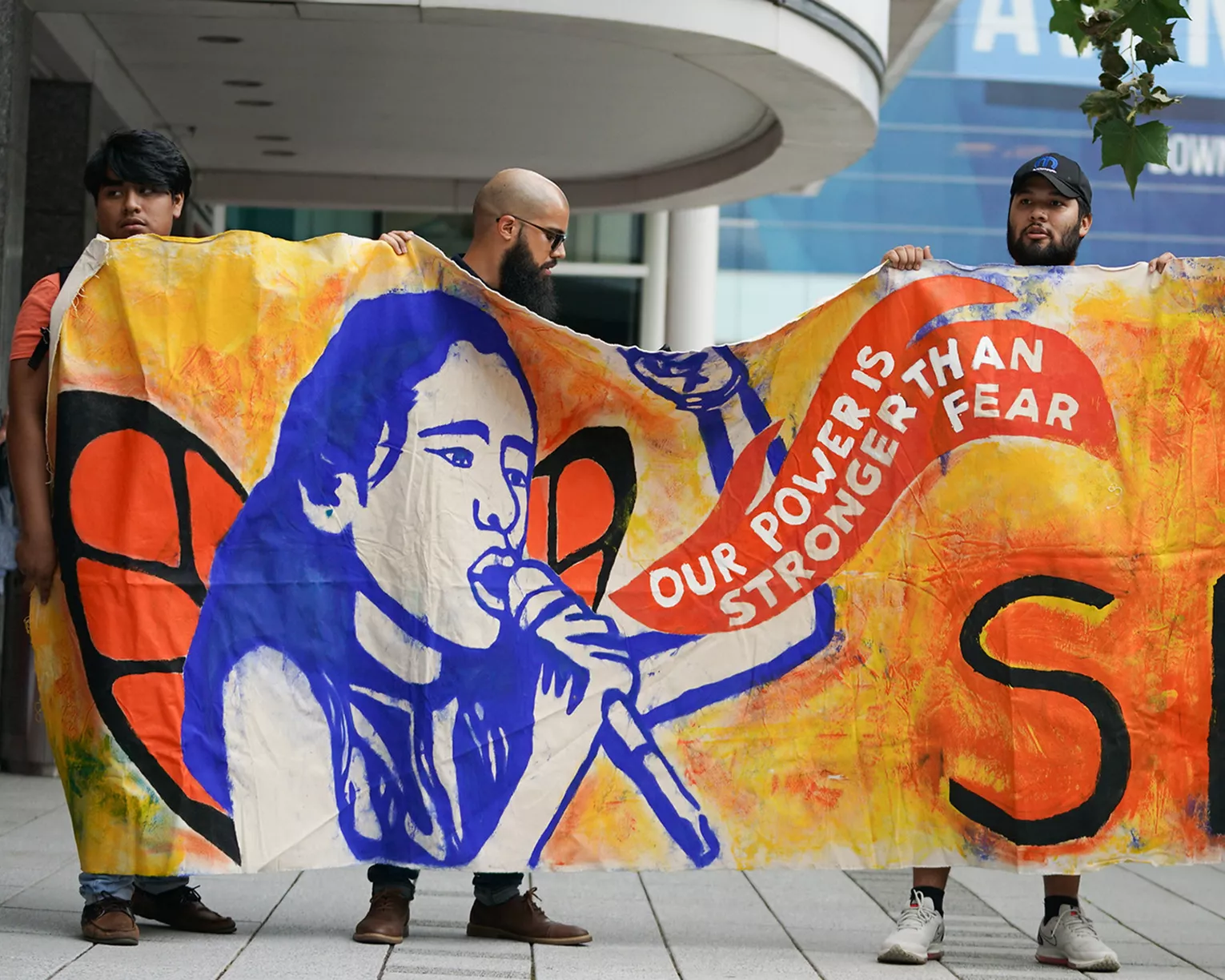How to use this toolkit
- Check out Professional Development Offerings
- Explore and use the NEARI Learning Portal & NEA Microcredentials
- Find ways to contribute your expertise to NEARI's Professional Development Offerings
- Find professional learning specifically for your role
Professional Development Offerings
NEARI Learning Portal
NEARI Learning Portal
NEARI has a new registration and learning management system that will help centralize trainings and workshops and allow learners to access their portfolio throughout the year. Upon completion of a PD course, you can generate a PLU certificate right from the system and look back at your training history.
The link below will bring you to our new LearnUpon system. When you reach the NEARI Learning Portal sign-in page:
- Find "Don't have an account?" and click Register now.
- You will be prompted to enter your email address and create and confirm a password.
- Once logged in as a learner, you can view the full catalog of offerings by selecting "Catalog" in the top navigation bar.
In addition to live and virtual course registration, the Learning Portal houses self-paced trainings from both NEARI and NEA to advance your professional development and sharpen your organizing skills.

Climate Micro-credentials
Mental Health, SEL, & Trauma-Informed Practices
Resources for Mental Health, SEL, & Trauma-Informed Practices

The NEARI Virtual Calming Room

Yale Center for Emotional Intelligence Partnership

RISAS Trauma 101 for Educators

Self-Paced PD Playlists
Professional Development for ESPs
Online Professional Development for ESPs
The micro-credential implementation support model brings educators together in collaborative groups, such as professional learning communities (PLCs), to focus on common learning goals. NEA's micro-credential offerings vary from Bully Free Schools, Supporting LGBTQ Students, to Classroom Management. Micro-credentials allow ESP the opportunity to move along the ESP Professional Growth Continuum through online professional development.
NEA ESP Quality Department in the Center of Great Public Schools, in collaboration with various professionals in the education workforce, have created a wide variety of professional development webinars designed to support the professional growth of Education Support Professionals (ESP).
The ESP Professional Growth Continuum (PGC) consists of eight Universal Standards within three Levels of Practice. The three Levels of Practice begin with Foundational, moving to Proficient, and working toward an Advanced/Mastery level of professional practice. These three Levels of Practice span across all nine ESP career families with opportunities for ESP to enhance their professional standing by being a role model, mentor, and/or leader at each level.
These trainings from the Pennsylvania Department of Education are designed to provide practical information regarding educational methods and resources that may be used by special education paraprofessionals working with students in a variety of educational settings.
Each AFIRM module focuses on an Evidenced Based Practices for learners with ASD and includes:
- engaging case examples that demonstrate the behavior or practice in use,
- multimedia presentation of content with audio and video clips, and
- interactive assessments that provide you with feedback based on your responses.
This stack provides states, local education agencies, and individuals opportunities to comprehend the NEA's ESP Professional Growth Continuum, the 8 Universal Standards of professionalism for all ESPs, and demonstrate their knowledge and skills in the areas of competency and how it impacts ESPs for each Standard at the proficent level of the Continuum.
Get Involved
Get Involved
NEARI Members Are Experts. Contribute your expertise by joining the PD committee or submitting a PD proposal.
Join the PD Committee!
Get involved in planning the Professional Development calendar! Any and all members are welcome to join the PD Committee - Contact Amanda for more information.
YOU are the union.

Take Action on Racial & Social Justice
We are on a mission to dismantle unjust systems, and together, as educators and allies, we can take actions to address the inequities that result from institutionally racist policies and practices in our schools and the communities in which our students live.
Join us to work for access and opportunity for all students.
